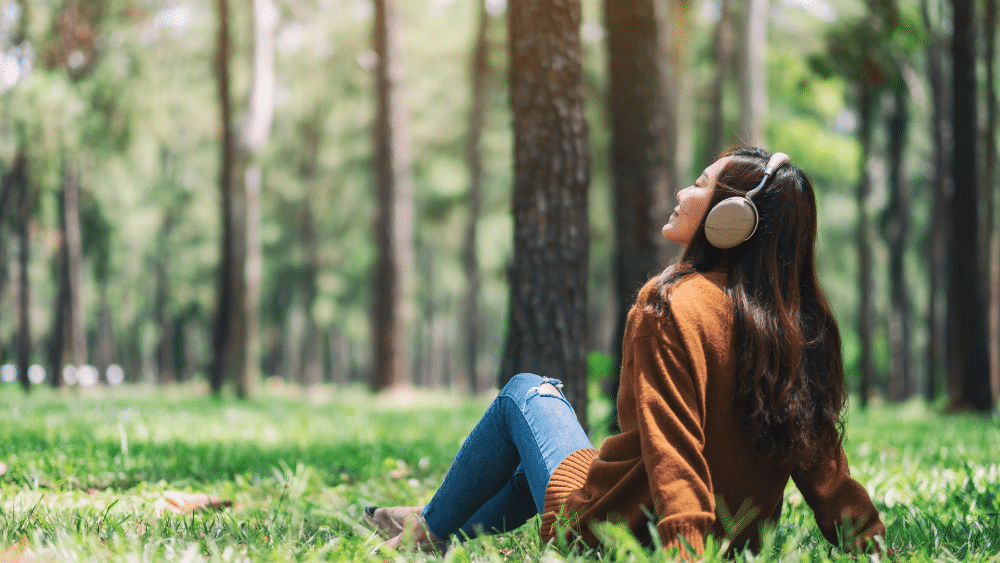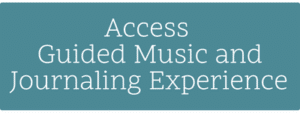
As a therapist, I know I am not alone in asking myself what role I can play in the midst of ongoing global crises. Of course, how we address this question is personal, each of us with many overlapping responses.
A gentle but persistent response I have noticed in myself this month is: a return to beauty.
In this blog post, I share my exploration of an expansive notion of beauty, my experience engaging with this kind of beauty, and how it can serve our mental health and well-being.
An Expansive Notion of Beauty
When I speak about beauty in this context, I am not referring to an externalized conceptualization of beauty, such that is often portrayed on social media in potentially harmful ways.
I am speaking about a notion of beauty where beauty is understood by an inner, subjective experience. To put it another way, everyone holds their own unique experience of beauty. This expansive notion of beauty means that there are infinite perceptions of beauty, and infinite ways of perceiving beauty in any one thing.
Engaging with Expansive Beauty
I felt this expansive notion of beauty on my walk this week. The tender green shoots coming up through the earth stopped me in my tracks. Experimenting with this expansive beauty, I took a moment to notice and appreciate their particular colour, the soft dirt still clinging to some areas, and the tiny reflections captured in water lingering from a recent rain. I found myself smiling when I carried on my way.
My sense is that we each have the potential to find beauty in unique ways with a myriad of objects, people, relationships, experiences, and feelings. As we open to these moments of expansive beauty, we make connections with meaning and our place in this world (Kenny, 1989, 2006).
Nourishing Our Mental Health & Well-Being
 Music therapist and Indigenous scholar Carolyn Kenny wrote about the importance of beauty in health and well-being, stating that “through aesthetic experience it is possible for each person to find her own frame of reference for the universe. Through valuing beauty, one can find ways of gathering strength from the world in which one lives” (Kenny, 2006, p. 64). Recent neuroaesthetic research affirms that engaging with this expansive beauty may improve the beholder’s well-being (Mastandrea et. al, 2019).
Music therapist and Indigenous scholar Carolyn Kenny wrote about the importance of beauty in health and well-being, stating that “through aesthetic experience it is possible for each person to find her own frame of reference for the universe. Through valuing beauty, one can find ways of gathering strength from the world in which one lives” (Kenny, 2006, p. 64). Recent neuroaesthetic research affirms that engaging with this expansive beauty may improve the beholder’s well-being (Mastandrea et. al, 2019).
Conclusion
An expansive notion of beauty presents the possibility for each of us to open up to our own relationship with beauty. For me, this return to beauty has been nourishing at personal and professional levels. I have also found that supporting my clients to engage with beauty from their own perspectives can be both uplifting for them and can open up fruitful avenues for insight and meaning-making.
I have created a short Guided Music and Journaling Experience (available on my Free Resources Page) in the form of a workbook that offers encouragement to explore expansive beauty.
May you and yours be safe and well.
Kindly,

![]()
References
Kenny C. B. (1989). The field of play: A guide for the theory and practice of music therapy. Ridgeview Publishing.
Kenny, C. (2006). Music and life in the field of play. Barcelona.
Mastandrea, S., Fagioli, S., & Biasi, V. (2019). Art and psychological well-being: Linking the brain to the aesthetic emotion. Frontiers in Psychology, 10(739). https://doi.org/10.3389/fpsyg.2019.00739
![]()
Thank you for visiting the Music-Integrated Therapy blog!
Please note that this blog is intended for:
-Mental health practitioners interested in integrating music into their clinical work
-Mental health practitioners who love music
-Mental health practitioners trained in Music-Integrated Therapy
If you are seeking support in your mental health & wellbeing from Seabrook Music Therapy, please visit the client-facing website at: https://deborahseabrook.com/sessions/


